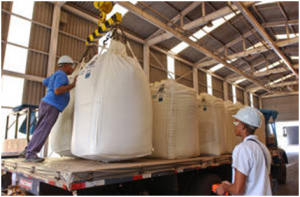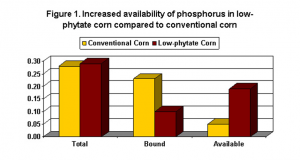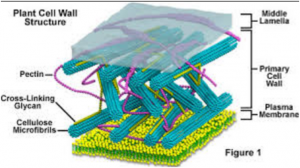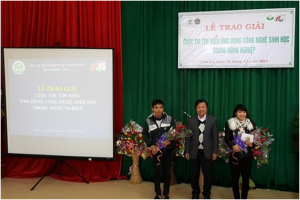|
CRISPR-Cas9 Helps Find New Antidepressant Drugs
Tuesday, 2018/09/18 | 08:01:08
|
|
Scientist Steven Mennerick says that the most commonly prescribed antidepressant drugs were approved for use more than three decades ago, and new ways to develop new medications are necessary. Thus, he and his colleagues from the Washington University School of Medicine utilized CRISPR-Cas9 to determine the function of a neuroreceptor delta gamma-Aminobutyric acid (GABA) to pave the way to new drug development.
The GABA receptor binds the neurotransmitter GABA, which is known to slow down brain processes that lead to excessive negative thoughts and feelings. Scientists have thought of utilizing this receptor to design new drugs in the past, but the presence of other types of GABA receptors hindered them from doing so. Using genome editing, researchers isolated the function of the delta GABA receptor and confirm that this receptor is involved in alleviating depression. The study opens the door for further discovery of antidepressant drugs with more specific functions and less side effects.
For more information, read the article in Neuroscience News.
Figure : Pictured is a neuron, colored with dye, from the brain’s hippocampus. Researchers at Washington University School of Medicine in St. Louis are testing how neurosteroid drugs bind to GABA receptors on such neurons, with the goal of developing better antidepressants. One such neurosteroid drug, brexanolone, is being considered for FDA approval as a treatment for postpartum depression. NeuroscienceNews.com image is credited to MENNERICK LAB. |
|
|
|
[ Other News ]___________________________________________________
|


 Curently online :
Curently online :
 Total visitors :
Total visitors :
(45).png)



















